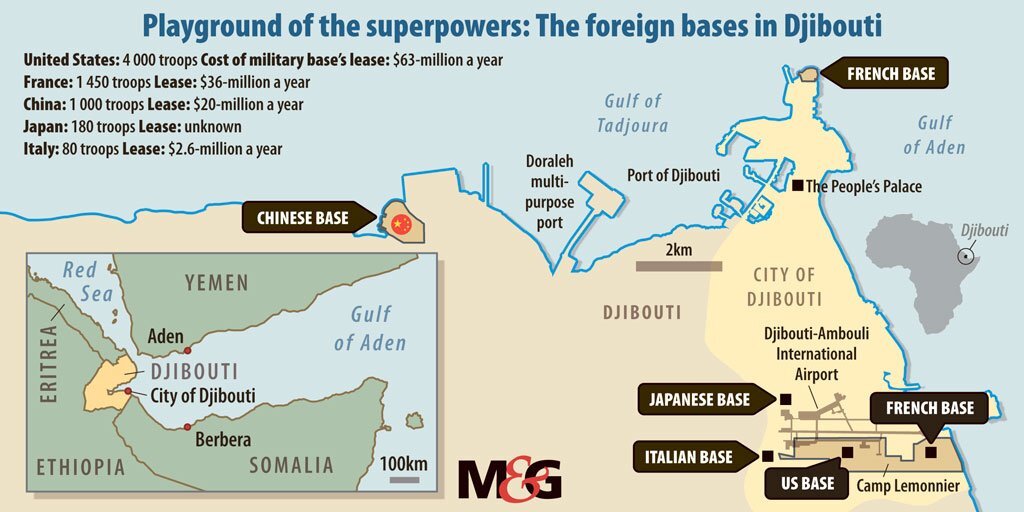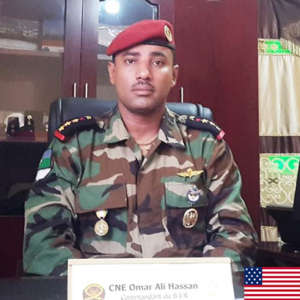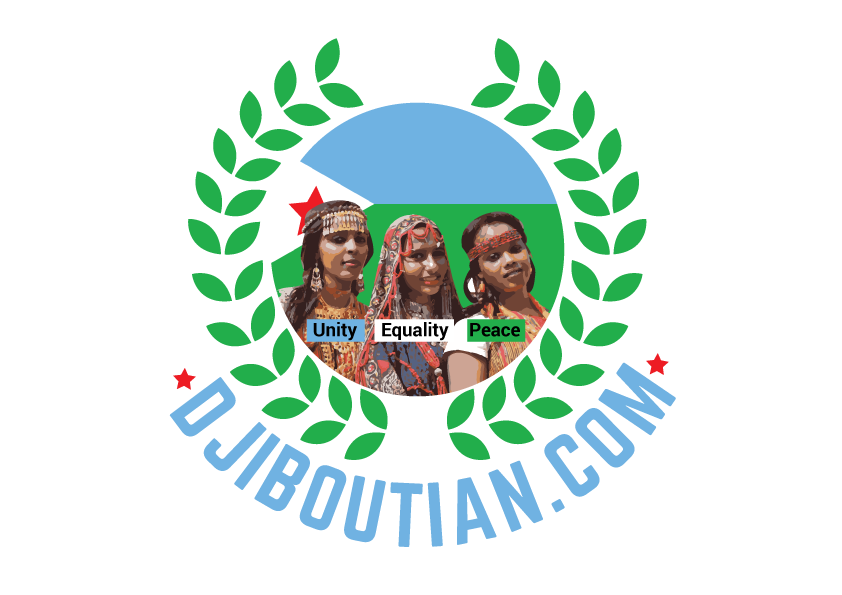Join the movement
for a democratic Djibouti.
Democracy for
Djibouti
is democracy for one million global citizens.
Right now, the majority of Djiboutians have no human rights.
They are regularly subjected to unlawful killings, arbitrary persecution, and mass incarceration.
There is no privacy;
no freedom of speech, assembly or association; and no rule of law
Instead there is rampant corruption, large-scale abuse of power,
and unmitigated violence against women and journalists.
The government of Djibouti is an autocratic regime, that exploits people, resources, and international aid to advance its own wealth and authority.
That is why, democracy is the only guarantee of a Djibouti that works fairly, equally, and sustainably for every Djiboutian.
Djibouti needs democracy.
Today.
Know
Djibouti
"Djibouti is rich, but Djiboutians are poor"
Djibouti, also known as the Republic of Djibouti, is located in the Horn of Africa – a region in the northeastern part of the continent resembling the horn of a rhino.
Bordered by Eritrea to the north, Somalia to the southeast, and Ethiopia to the southwest, Djibouti is a tiny country (tiniest in mainland Africa) that sits across Bab-el-Mandeb, a strait connecting the Red Sea to the Gulf of Aden.
Djibouti’s superstar location at the mouth of Red Sea spells enormous geopolitical significance. As “the” shipping hub for Eastern Africa, Djibouti controls access to the Red Sea, and by extension the Indian Ocean. 10% and 20% of the world’s total oil exports and commercial goods depend upon Djibouti for refuelling and transshipment.
Djibouti acts as the strategic gateway between Africa and the Middle East.

Photo: Mail & Guardian – “https://mg.co.za/article/2018-03-02-00-djiboutis-greatest-threat-may-come-from-within/”
Despite its small size (slightly smaller than the state of New Jersey) and a population of just over a million, Djibouti is one of the poorest nations in the world with more than 42% of its population living below the poverty line (on less than $1.90 a day).
Djibouti buys 90% of their food from a variable and demanding international market, while importing water and electricity from neighbouring Ethiopia. Although salinity and draught are widely cited as the two primary reasons, governmental corruption, misappropriation of indigenous & foreign resources, and the lack of employment opportunities remain the 3 chief culprits.
Know
OUR IMPACT
Food

Shelter

Clothing

The basic necessities that an average Djiboutian has no access to. We work with 3 major organizations in providing temporary relief to Djiboutians: just the basics.
We need $1M
Our goal is systemic change
We’re just getting started
Know
ABOUT US

Omar Ali Hassan, Founder of djiboutian.com and Recipient of The International Rosa Parks Prize ,


![]()
Omar Ali Hassan, Founder of djiboutian.com, the former Djiboutian Special Force Commander, djiboutian.com is a catalyst for change in Djibouti. We bring together people in Djibouti, local Djiboutian communities across the globe, thought leaders, nongovernmental organizations, governments, businesses, and the public to address the glaring human rights situation in Djibouti.
Owing to its strategic location, Djibouti is home to significant foreign interest already. The United States of America has its only permanent African military base in Djibouti – Camp Lemonnier. France maintains its largest military presence here, while China has recently developed its only overseas naval base. Djibouti also hosts the only overseas Japanese military base, as well as its Italian counterpart. In fact, lease payments from foreign military bases add up to more than 5% of Djibouti’s GDP.
And yet, the glaring human-rights situation has failed to grasp the world’s attention.
Back in April 2020, Omar – now on political asylum in the US – resigned to protest the unlawful detention of Fouad Youssouf Ali, a lieutenant pilot with the Djiboutian Airforce. The regime reacted by stripping Omar of all his military honours and dues.
Today he is afraid to go back to his country in fear of retaliation – a country he served for 20 years in the highest professional capacity. His family back in Djibouti – who he hasn’t met since he fled to the US – are subjected to regular mistreatment and death threats.
Omar has joined hands with fellow victims and activists, ctddjibouti.org, and the country’s major opposition forces in order to make the case for a democratic Djibouti to the world.
I am text block. Click edit button to change this text. Lorem ipsum dolor sit amet, consectetur adipiscing elit. Ut elit tellus, luctus nec ullamcorper mattis, pulvinar dapibus leo.
